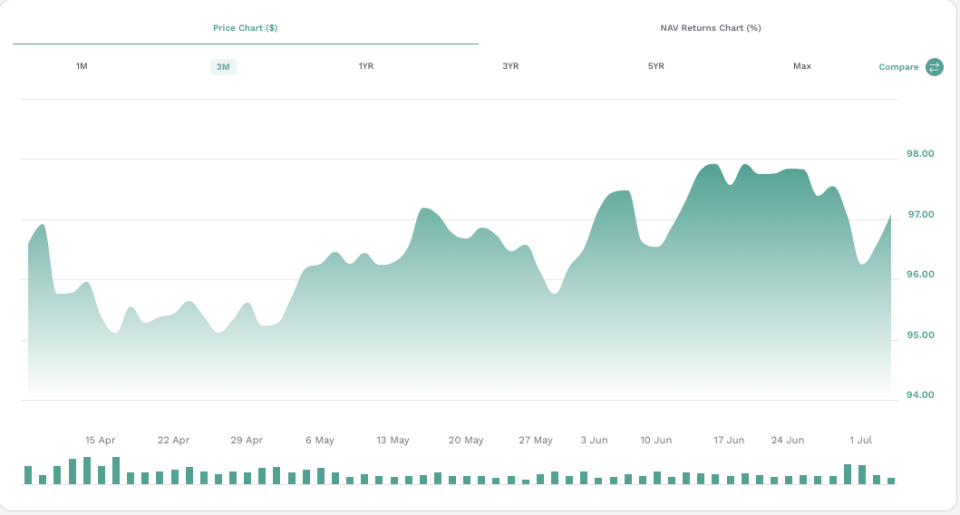


Fed rate cut expectations picked up following Friday’s jobs report which showed the labor market cooling.
The pricing of fed funds futures implies that there is a 73% probability that the Fed will cut interest rates at its September meeting.
On Friday, the government reported that nonfarm payrolls increased by 206,000 in June, a bit better than the 190,000 that was expected.
However, revisions to the prior two month’s figures showed that 111,000 fewer jobs were created in April and May than initially reported.
Meanwhile, the unemployment rate edged up from 4% to 4.1%, its highest level since Nov. 2021.
Taken together, the data suggests that the labor market is relatively solid but is slowly loosening. The unemployment rate has increased seven-tenths of a percent from its low point in 2023 and various labor market indicators show that it’s getting tougher for people to find jobs.
So far, markets haven’t reacted strongly to the possibility that the first rate cut of the cycle could come in two months.
Read More: These 6 Stock ETFs Tell the First Half Market Story
The stock market is hovering near record highs and the bond market is stuck in a narrow trading range.
Investors seem to be betting on a soft landing, “goldlilocks” scenario, where the economy slows, prompting the Fed to cut rates, but not by a whole lot.
That could keep the stock market rally intact, while preventing a bigger bull market in bonds.
The 10-year Treasury bond yield was last trading at 4.28%, around 100 basis points below the fed funds rate.


It would probably take evidence of a sharper economic slowdown for those yields to fall significantly below 4%.
Lately, the bond market has been trying to price in various election outcomes as well, with some deficit and inflationary concerns putting modest upward pressure on the back end of the curve.